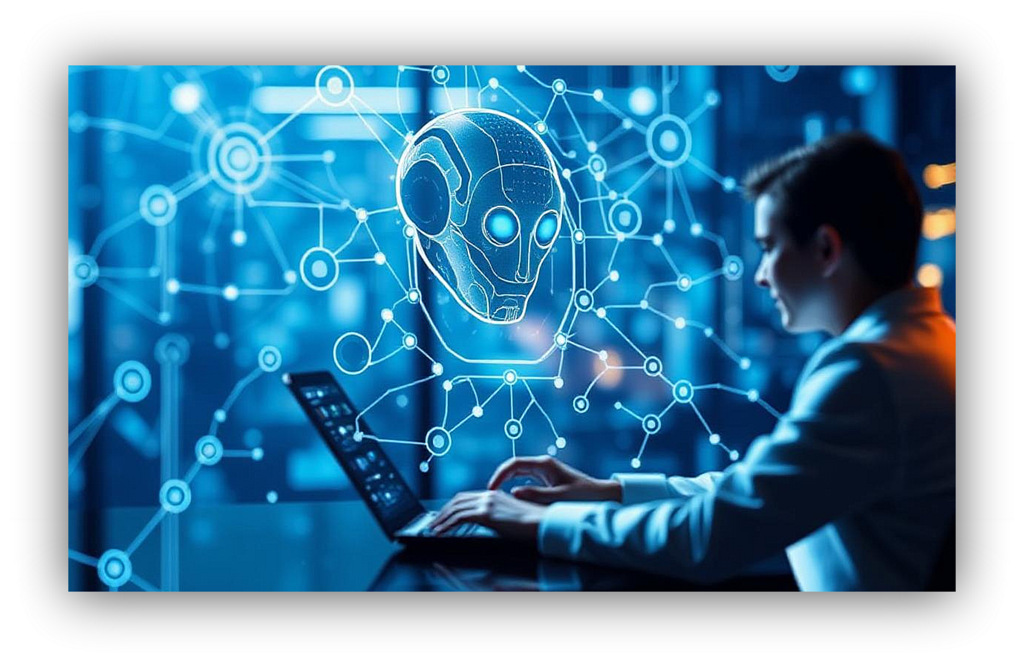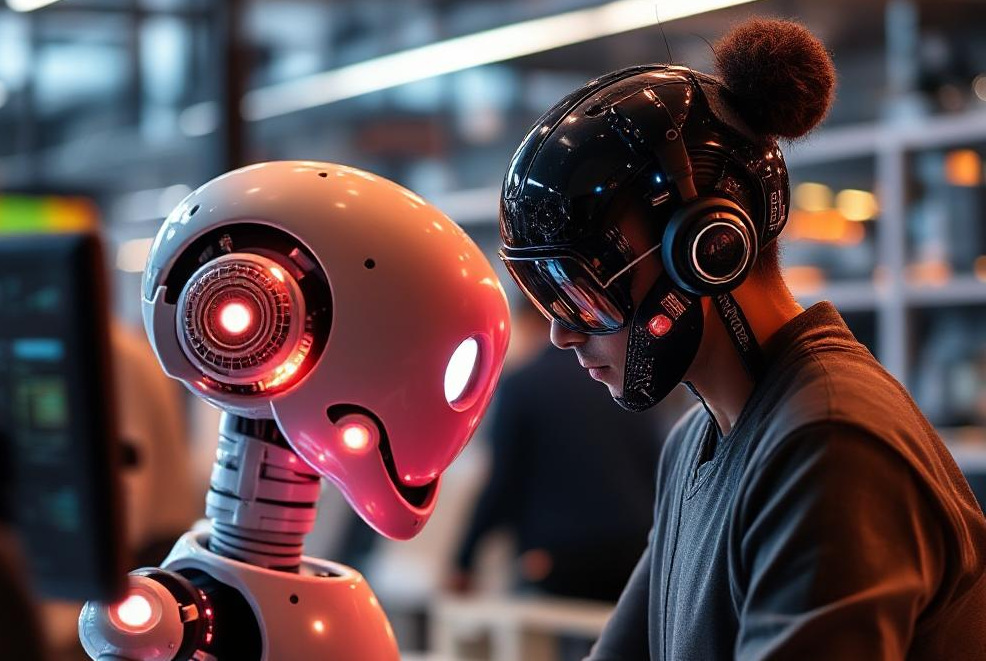Global media Update tech Update & Automobile Life Style & Entertainment

In the rapidly evolving world of startups and innovation, the fusion of AI (Artificial Intelligence) with STech (Science and Technology) entrepreneurship is catalyzing a new era of possibility. No longer confined to labs or large tech corporations, AI has become a versatile tool empowering science-based startups to innovate faster, scale smarter, and solve complex global challenges more effectively.
STech entrepreneurship refers to startups that are deeply rooted in scientific and technological advancements—ranging from biotech and clean energy to advanced materials, agri-tech, and quantum computing. These ventures often operate at the frontier of discovery, transforming academic research into real-world applications.
AI is no longer just about automation or machine learning—it’s an ecosystem enabler. Here’s how AI is reshaping STech entrepreneurship:


 Amazon: दुनिया का सबसे बड़ा ऑनलाइन शॉपिंग प्लेटफॉर्म, जहां आपको बेहतरीन डील्स और विश्वसनीय प्रोडक्ट्स मिलते
Amazon: दुनिया का सबसे बड़ा ऑनलाइन शॉपिंग प्लेटफॉर्म, जहां आपको बेहतरीन डील्स और विश्वसनीय प्रोडक्ट्स मिलते
Scientific R&D, especially in fields like drug development or materials science, traditionally involves years of trial and error. AI dramatically shortens this cycle. Algorithms can now predict molecular interactions, analyze genetic data, or simulate climate models in a fraction of the time, enabling entrepreneurs to develop prototypes or products more rapidly and with fewer resources.
AI enables predictive modeling in industries like agriculture (predicting crop yields), healthcare (forecasting disease outbreaks), and energy (anticipating consumption trends). For STech entrepreneurs, these insights not only guide product development but also offer a competitive edge in decision-making and risk management.
AI platforms and open-source models are making high-end research tools accessible to early-stage startups. Entrepreneurs who once lacked the infrastructure for high-performance computing or data analytics can now access cloud-based AI tools, leveling the playing field with larger companies.
Whether it’s tailoring a bioengineered product for individual needs or optimizing a clean energy system based on regional usage patterns, AI allows STech startups to offer hyper-personalized solutions, making their products more impactful and scalable.
From automating lab experiments to optimizing supply chains, AI is helping science-based startups reduce operational costs and improve scalability. Founders can focus on core innovation while AI handles tasks like data entry, inventory forecasting, and customer support.
While AI opens up vast potential, it also presents challenges—data bias, lack of explainability, ethical concerns, and regulatory hurdles in sensitive sectors like health and biotech. STech entrepreneurs must balance innovation with responsibility, ensuring that their AI tools are transparent, fair, and compliant.
As we look ahead, AI will increasingly become a co-innovator, not just a tool. From AI-generated hypotheses to autonomous lab experiments, the next wave of STech entrepreneurship will be deeply collaborative—with AI contributing creatively to scientific advancement.
AI is not just reshaping STech entrepreneurship—it is redefining what’s possible. By reducing barriers to discovery, accelerating time-to-market, and enabling smarter, data-driven innovation, AI is helping science-based startups thrive in ways never before imaginable. The intersection of AI and STech promises not just commercial success, but transformative impact on society, health, and the environment.
Auto Amazon Links: No products found.